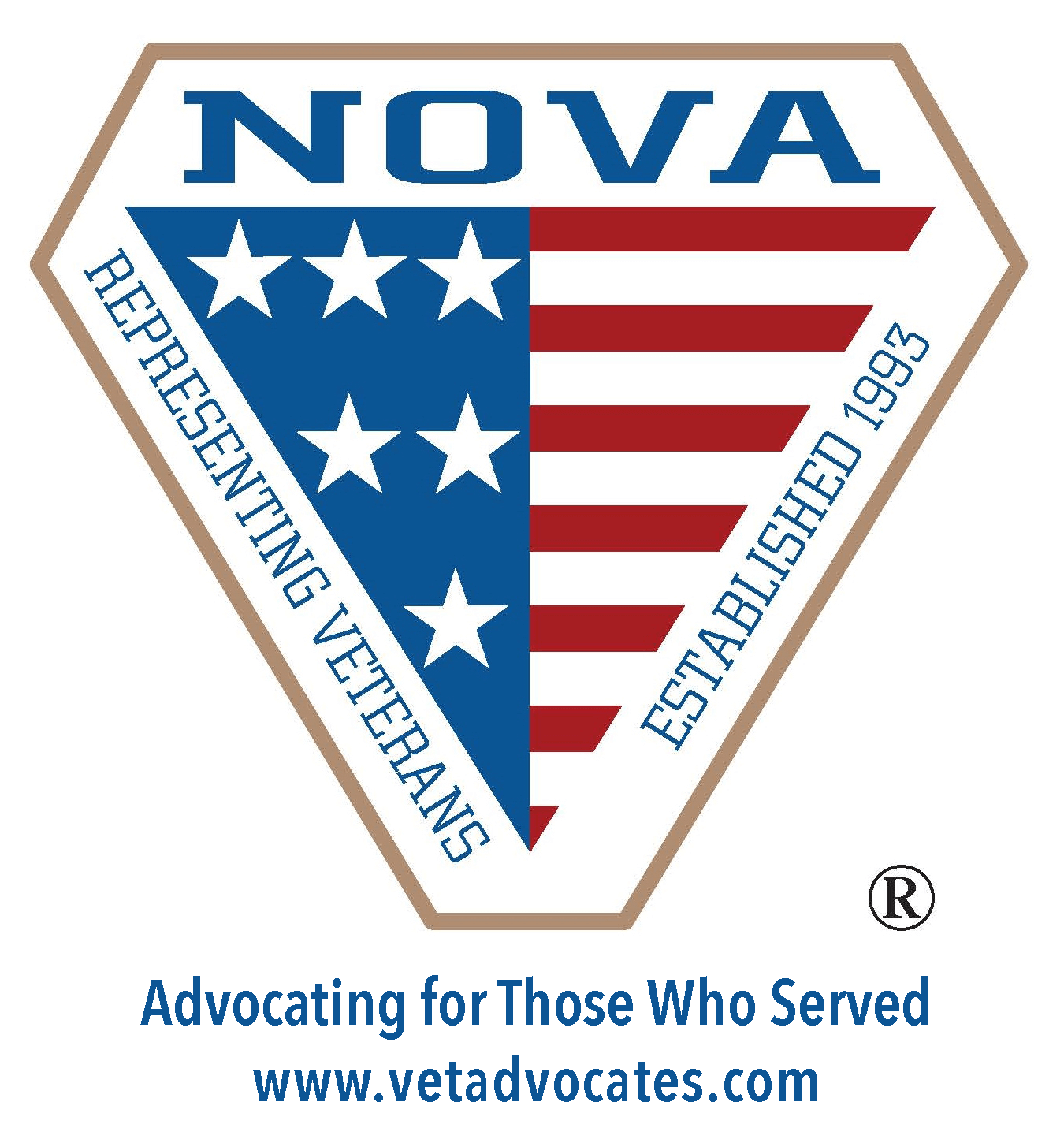Veterans who can’t work because of their service-connected conditions are eligible for total disability based on individual unemployability (TDIU) benefits. The TDIU monthly pay is the same as a veteran with a 100% disability rating. How long does a VA TDIU claim take? It can take from 100 days to several years. The timeline for the VA to make a decision on a TDIU claim is the same as other disability benefit claims. If a veteran is denied TDIU, the appeals process and the amount of time it takes to appeal are the same as other VA appeals.
Talk to Us About Your Claim:
(866) 232-5777
In this article about how long TDIU claims take:
The TDIU timeline and process
All VA disability benefits claims, including TDIU claims, are processed at VA regional offices. Most veterans wait a few months for a decision on a claim. The current average wait time is 159.2 days .
Once you file a claim for disability benefits or for VA unemployability, the VA begins the work of processing the claim. Here are the five steps it follows for a claim for disability benefits and TDIU.

Step 1: VA receives the claim
After you apply for benefits, you should receive a verification that the VA received it. You can always check the status of your claim and track its progress by logging into your account.
Step 2: VA reviews the claim
The VA will review your claim and determine if it needs more evidence to make a decision
Current average wait time for VA claims:
Step 3: VA gathers and reviews evidence
The VA may request records from you, your doctors, or your C-File. It may also request information from the Social Security Administration. Although the VA has a duty to assist in gathering evidence for your claim, veterans can be sure they are presenting the best case to the VA by gathering and submitting their own evidence.
Step 4: VA makes a decision and prepares the notification
The VA makes its decision on your claim and prepares to mail you a packet that includes your rating decision.
Step 5: VA sends the decision
The decision packet will be mailed to the address you supplied to the VA. Below you can see how long, on average, it has taken to receive an initial decision over the past year.
TDIU timeline for appeals
If you don’t like the VA’s decision on your TDIU claim, you can appeal. If you want to preserve the effective date, you must appeal within one year. The process of appealing a denied TDIU claim is no different than appealing a denied VA disability benefits claim.
The time it takes to appeal varies depending on which appeals lane you choose.
Expediting a TDIU claim
Advanced age, terminal illness, and financial hardship may qualify a veteran for an expedited claims process.
For an expedited appeals process, VA-accredited representatives, including Woods and Woods, have access to a pilot program called Claim Accuracy Requests (CAR). Qualifying cases can receive a higher-level review if there has been an obvious error. A CAR must be filed within 30 days of receiving a decision.
The VA claims and appeals processes are known for moving slowly. In most cases, the only strategy for making your TDIU claim–or any VA disability claim–move faster is to make sure you submit your evidence and documents to the VA correctly.
FAQs about the VA TDIU claim timeline:
Total disability based on individual unemployability (TDIU), also known as VA individual unemployability or simply IU, is a compensation benefit for veterans who are unable to hold down gainful employment due to at least one service-connected disability. TDIU pays at the same rate as a 100% disability rating from the VA, which is currently [VArating100] per month.
Veterans can file for TDIU on the VA website but should be aware that filing this form with inaccurate information or even at the wrong time in the appeals process has the potential to negatively affect an ongoing claim.
To file any claim, a veteran should gather evidence to support their case. One of the most important documents needed is your DD214, which has information about your military service. Evidence of a condition may include doctor notes, records of treatment while in service, and buddy and lay statements.
By the time a claim is filed and a decision is made by the VA, the process usually takes months. The VA currently lists the average wait time for an initial claim decision at 159.2 days . It will take longer if a person chooses to appeal.
Filing for TDIU is the same as any other claim in terms of speed. The claim and appeals processes are the same for any disability decision and therefore take the same amount of time.
Veterans may end up in the appeals process for months to years depending on factors including how soon they appeal a decision, the current average wait times at the VA, and the type of appeal. Luckily, if an appeal is ruled in a veteran’s favor, they are most likely owed back pay and should typically be compensated for the time between the initial claim and the favorable ruling.
The only reasons a person is able to expedite a TDIU claim is due to terminal illness, financial distress, or advanced age.
Getting your evidence, argument, and documents correct the first time can help you move through the TDIU timeline faster. Unfortunately, there is no real secret to getting your TDIU benefits quicker. However, working with a VA-accredited attorney can also help, as they are more familiar with the process and experienced in building a case for the VA.
“They did good by me. I am sick, and the VA was stalling. They got me 100% permanent and total.“
How Woods and Woods can help you with your TDIU claim
Woods and Woods has successfully represented thousands of veterans. Our team of VA disability benefits lawyers, legal analysts, and case managers is dedicated to fighting for veterans who can not work because of their service-connected conditions.
Call us for a free TDIU claim evaluation. We help you file your initial application for free, and if we take your case for an appeal, we will only charge you if we win.
Talk to Us About Your Claim:
(866) 232-5777

Neil Woods
VA disability lawyer
Woods and Woods
VA Accreditation Number: 44739



